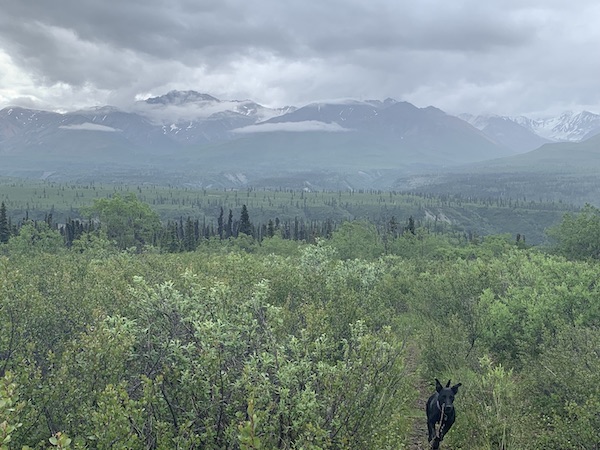I am an Associate Professor in the Department of Sociology and affiliated with the UMass Computational Social Science Institute. My research interests include social determinants of health, culture, and social network dynamics, often through eating and related health behaviors. If we better understand how, when, and why people are connected, we can gain insight into how health and culture changes at the individual, interpersonal, and population level over time.
Prior to my UMass position, I was on the faculties at Massachusetts General Hospital and Harvard Medical School. My post-doctoral training was with the Robert Wood Johnson Foundation Health & Society Scholars program at UC Berkeley and UCSF. My work has been supported by NSF, NIH (NIA, NIDDK, NICHD, NINR, and NHLBI), and Robert Wood Johnson Foundation.
I welcome research partnerships that relate to social networks, culture, and health across the lifecourse, and am a firm believer in team-based science; my CV is here. I collaborate broadly and hold the view that working on problems from multiple perspectives advances the scientific enterprise.
I am a core faculty affiliate with the UMass Computational Social Science Institute (CSSI), on the internal advisory board of the Umass Institute of Diversity Sciences, affiliate of the UMass Center for Community Health Equity Research, UMass Center for Research on Families (CRF), and UMass Faculty for Open Inquiry and Civil Dialogue. I also contribute to our scientific community as co-chair of the UMass Faculty Senate Research Council, as a member of the UMass Institutional Review Board, as part of the leadership team of the UMass ADVANCE program, as chair of DEI commitee of the Mathematical Sociology section of the American Sociological Association, and as a member of the editorial board of Social Science & Medicine.
A note about some of my values as an educator and scientist: I’m not doing my job as a member of the scientific community and UMass faculty member if, day in and day out, I’m not actively helping students do their best work. If I’m not helping the quieter or silent voices to be heard, to be known, to be recognized, to be valued in the same ways as those who have a more visible presence, I shouldn’t be in this job. I believe that recognizing diversity of thought and experience is what leads to a more just and equitable society, and also is what leads to progress in our collective work as scientists. I am adamantly against censorship in science.
My research and teaching is largely concerned with investigating social relationships, culture, and social inequalities. These disparities take many forms – health, racial, socioeconomic, gender, sexual identity, and political ideology, among other forms. I condemn in the strongest possible terms hateful actions, words, and disparaging behavior of any type towards others.
Cultivating a culture of self-reflection about our work is important. I believe that we all make mistakes, and that mistakes can help us grow, but only if we own them, and this requires honesty about our strengths and weaknesses. I also believe in team-based science and contributing to a collaborative scientific community. This can mean many things, but to me it means being transparent about your workflow and analytic decisions, and it means being humble about what you know and what you don’t know and being willing to reach out for help when you need it. It also means putting relationships first in working with others, even if it means the science takes longer.
I trained to do the work I do because I believe the only way forward in building an equitable and respectful community and society is by digging deeper — by running towards a problem, not away from it. I believe in conversation with those whom we disagree. If you’re interested in working on any of this research with me, or want to talk about what we do in our shared enterprise as scientists and as fellow human beings, please reach out.
